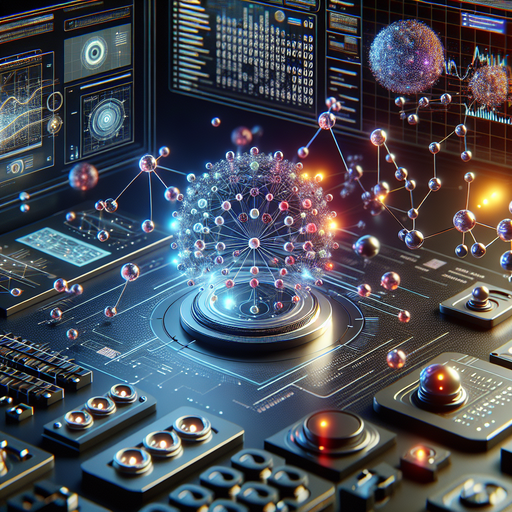The Role of Gen AI in Digital Transformation
In today’s technology-driven world, digital transformation is not just a trending term but a survival strategy for businesses. The rapid rise of artificial intelligence (AI) and its applications, such as Gen AI, has unlocked new opportunities to optimize business operations. But what exactly is Gen AI, and how does it contribute to digital transformation? Let’s explore in this article.

What is Gen AI?
Gen AI, short for Generative AI, is a form of artificial intelligence capable of generating new content based on learned data. Unlike traditional AI systems that primarily analyze and process data, Gen AI has the creative ability to produce art, text, music, and various other types of content. This capability opens up numerous applications across industries, from marketing and manufacturing to customer service.
The Creative Power of Gen AI
Gen AI goes beyond data processing to create unique and innovative outputs. From scriptwriting and music composition to graphic design, Gen AI is gradually transforming fields that require high levels of creativity. Leading tech companies are investing heavily in developing Gen AI applications to enhance the creativity of their products and services.
Learning and Continuous Improvement
Gen AI can learn from the data it interacts with, continuously improving the accuracy and quality of its generated content over time. The more it is used, the smarter and more efficient it becomes. In business, this means companies can quickly adapt to market changes and customer demands with greater precision.
Wide Applications Across Industries
The flexibility of Gen AI allows its implementation across various industries. In manufacturing, it optimizes production processes, while in financial services, it analyzes and predicts market trends. Gen AI is becoming an essential tool for businesses aiming to maximize efficiency and productivity.
The Role of Gen AI in Digital Transformation
Digital transformation involves integrating digital technology into all aspects of a business, fundamentally changing how it operates and delivers value to customers. Gen AI plays a crucial role in this transformation by providing tools and solutions that optimize processes and enhance performance.
Enhancing Efficiency and Productivity
Gen AI automates complex processes, minimizes errors, and improves overall business efficiency. By leveraging Gen AI, companies can execute tasks faster and more effectively, saving time and reducing costs. This leads to increased productivity and added value for businesses.
Optimizing Customer Experience
With its ability to analyze customer data, Gen AI enables businesses to better understand their customers and provide personalized services. AI-driven systems can track customer behavior, offering highly accurate recommendations. This not only enhances customer experience but also boosts loyalty and retention.
Strengthening Competitive Advantage
In an increasingly competitive market, adopting Gen AI helps businesses stay ahead by creating unique products and services. Gen AI empowers businesses to develop new offerings rapidly, optimize service delivery, and enhance product quality. These benefits allow companies to maintain their market position and expand their reach.
How to Implement Gen AI in Your Business
To fully leverage Gen AI, businesses need a clear and strategic implementation plan. Here are some essential steps:
1. Assess Business Needs and Capabilities
First, companies should evaluate their current needs and capabilities to identify areas where Gen AI can be applied. This includes analyzing existing business processes, pinpointing inefficiencies, and identifying opportunities for improvement. Understanding the current landscape helps businesses set the right direction for AI adoption.
2. Choose the Right Technology
There are various Gen AI tools and platforms available, ranging from content generation applications to data analytics systems. Businesses should select solutions that align with their specific needs and objectives. It is crucial to choose technology that integrates seamlessly with existing systems and offers scalability for future growth.
3. Train and Develop Workforce
One of the most important factors in implementing Gen AI is workforce training and development. Companies must invest in training employees to effectively use and develop AI applications. This not only enhances employee skills but also ensures that businesses have the necessary talent to manage AI-driven projects successfully.
4. Monitor and Continuously Improve
To achieve the best results with Gen AI, businesses must regularly monitor and evaluate outcomes, making necessary improvements along the way. Tracking key performance indicators (KPIs) and gathering customer feedback will help businesses refine their AI strategies and optimize workflows efficiently.
Conclusion
Gen AI is not just an advanced technology but a powerful tool that enables businesses to drive digital transformation effectively. By adopting Gen AI, companies can optimize operations, enhance customer experience, and strengthen competitiveness. As technology continues to evolve, Gen AI will play an increasingly significant role in shaping business success. Companies must embrace this trend to stay ahead in the global digital transformation race.




